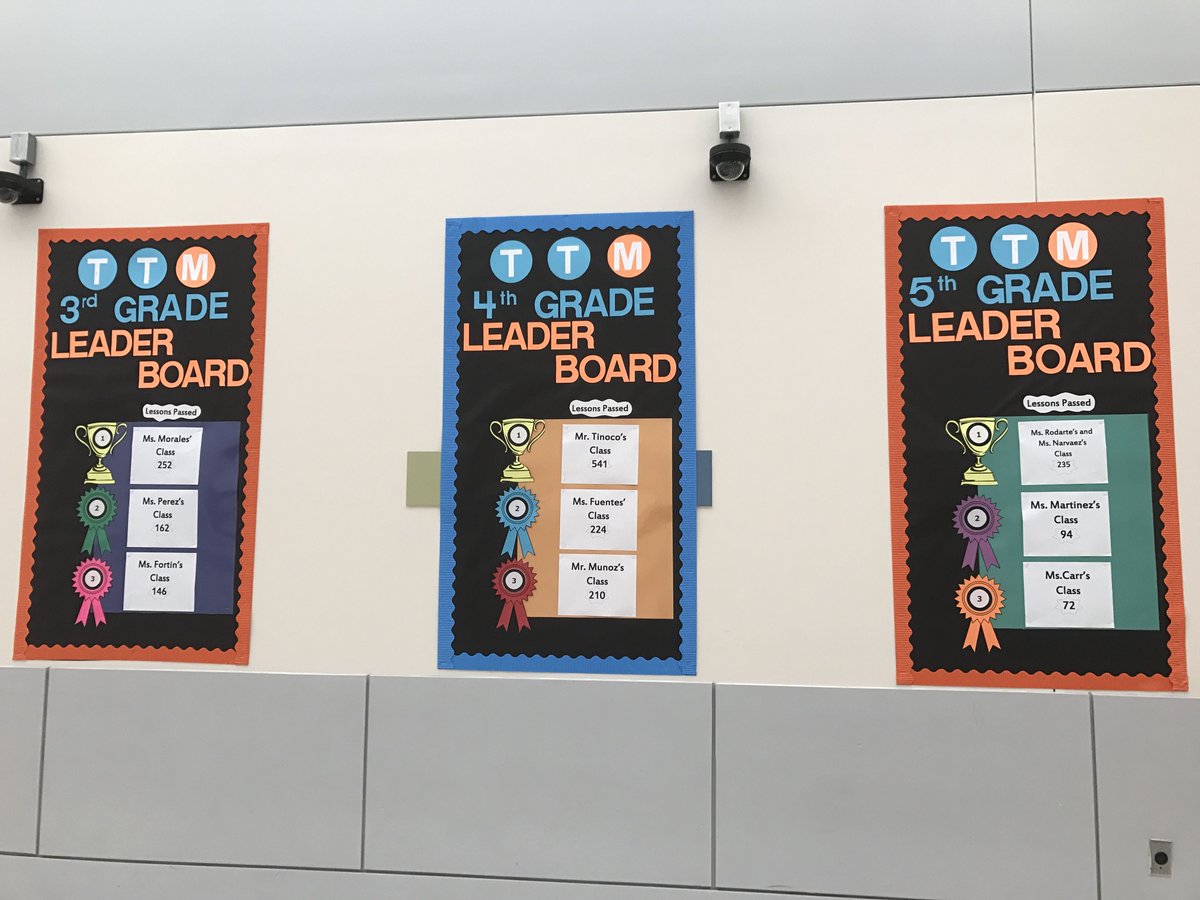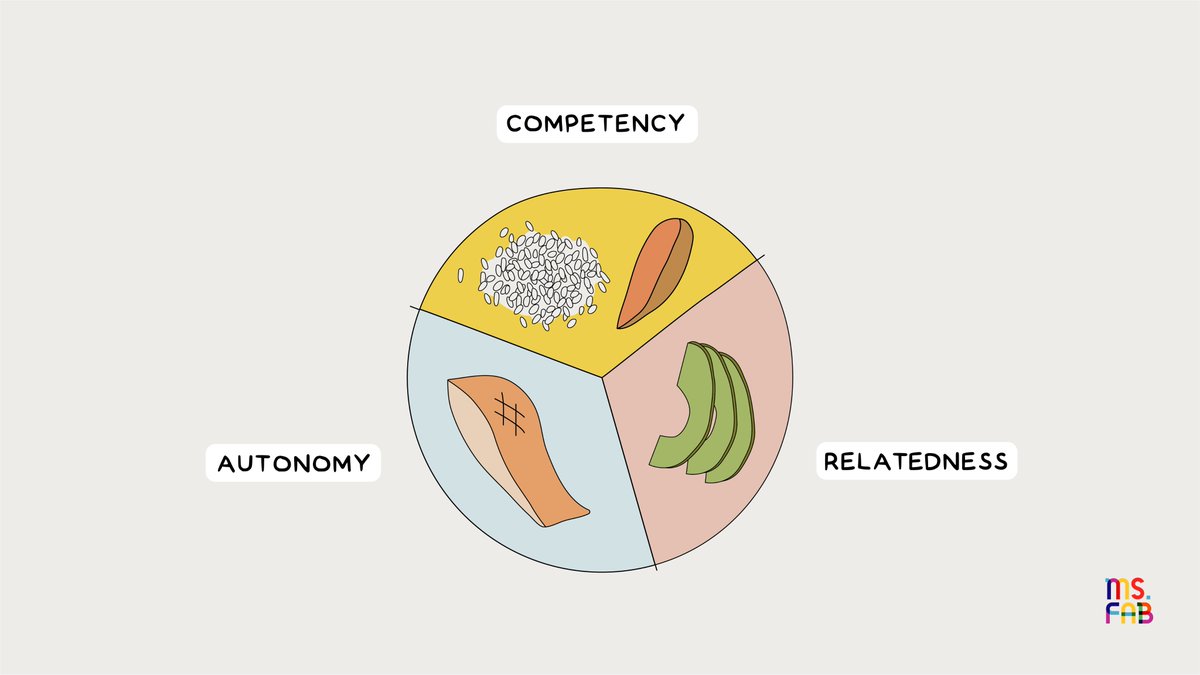Authors Ana Lorena Fabrega
7 days
30 days
All time
Recent
Popular
“What do you wanna be when you grow up?” is one of the most useless questions an adult can ask a child.
Here’s why👇🏼
First, it fosters the wrong kind of mindset by encouraging kids to define themselves in terms of a career and a single identity.
“As if growing up is finite. As if at some point you become something and that’s the end.” @MichelleObama
Second, it ignores two important factors:
What if their ideal job hasn’t been invented?
15 years ago no one thought it would be possible to make a living out of making YouTube videos.
Help kids see that their future self doesn’t exist right now and that their interests may change over
What if they wanna do more than one thing?
The average person ends up holding a dozen different jobs.
Teach kids that they don’t have to do or be one thing—they can do many things. Teach them that it's ok to rethink their chosen line of work and switch gears when necessary.
In 2012 @Prof_Malhotra gave a moving speech to the graduating class at Harvard Business School.
"Quit early, quit often—not because it's hard, but because it sucks,” he proposed.
We don’t emphasize this enough in
Here’s why👇🏼
First, it fosters the wrong kind of mindset by encouraging kids to define themselves in terms of a career and a single identity.
“As if growing up is finite. As if at some point you become something and that’s the end.” @MichelleObama
Second, it ignores two important factors:
What if their ideal job hasn’t been invented?
15 years ago no one thought it would be possible to make a living out of making YouTube videos.
Help kids see that their future self doesn’t exist right now and that their interests may change over
Roughly \u2154 of today\u2019s grade-school students will end up doing work that hasn\u2019t been invented yet.
— Ana Lorena Fabrega (@anafabrega11) February 19, 2020
The ability to think and act creatively is more important than ever before.
Creative learning experiences > traditional schooling
What if they wanna do more than one thing?
The average person ends up holding a dozen different jobs.
Teach kids that they don’t have to do or be one thing—they can do many things. Teach them that it's ok to rethink their chosen line of work and switch gears when necessary.
In 2012 @Prof_Malhotra gave a moving speech to the graduating class at Harvard Business School.
"Quit early, quit often—not because it's hard, but because it sucks,” he proposed.
We don’t emphasize this enough in
What do we really mean when we say “Gamification?” 👇🏼🧵
We have to stop using the term “gamification” to describe tricking people into doing what we want.
Games can indeed revolutionize learning, but only when approached the right way.
Teachers all over the world try to apply “gamification” in their classrooms—the leaderboard at the front of the class, the stickers collected on the corners of desks…
We trade good behavior for pizza parties and study time for games of Jeopardy.

Parents try these at home too. I remember my mom tried to use a sticker system to get me to clean my room and do homework.
And it worked! For about a week...
Even companies like Amazon try to “gamify” things to make work more “exciting” for employees.
But these tactics aren’t games.
They’re “pointsification”
Pointsification ties to external motivation—free time, tasty treats, or bragging rights. It’s taking the things that are least essential to games and making them the core of the experience.
We have to stop using the term “gamification” to describe tricking people into doing what we want.
Games can indeed revolutionize learning, but only when approached the right way.
No one likes to fail.
— Ana Lorena Fabrega (@anafabrega11) October 11, 2020
But when it comes to video games, kids can spend most of their time failing and still LOVE playing.
What is it about video games that keeps them optimistic in the face of failure?\U0001f447
Teachers all over the world try to apply “gamification” in their classrooms—the leaderboard at the front of the class, the stickers collected on the corners of desks…
We trade good behavior for pizza parties and study time for games of Jeopardy.

Parents try these at home too. I remember my mom tried to use a sticker system to get me to clean my room and do homework.
And it worked! For about a week...
Even companies like Amazon try to “gamify” things to make work more “exciting” for employees.
But these tactics aren’t games.
They’re “pointsification”
Pointsification ties to external motivation—free time, tasty treats, or bragging rights. It’s taking the things that are least essential to games and making them the core of the experience.
Kids spend more time on screens today than ever before.
Do they lack self-control? Or are deeper factors at play?
Let’s unpack the psychology of screens 👇🏼 🪡
To answer these questions, we need to take a step back and ask a bigger question first:
What motivates us?
What drives us to do anything at all?
Self-determination theory explains that humans are motivated by three things:
• autonomy
• competency
• relatedness
We crave these experiences just like our bodies crave protein, carbs, and fats.
Read more here: https://t.co/KhcP9iDlsI

If we don’t eat right, our bodies break down.
In the same way, if we don’t feed our psyches with autonomy, competency, and relatedness, our mental health suffers.
Unfortunately, many kids don't get enough of these essential experiences.
As @nireyal says in his book, Indistractable:
“School, where kids spend most of their waking hours, is in many ways the antithesis of a place where kids feel competence, autonomy, and relatedness.”
Do they lack self-control? Or are deeper factors at play?
Let’s unpack the psychology of screens 👇🏼 🪡
To answer these questions, we need to take a step back and ask a bigger question first:
What motivates us?
What drives us to do anything at all?
Self-determination theory explains that humans are motivated by three things:
• autonomy
• competency
• relatedness
We crave these experiences just like our bodies crave protein, carbs, and fats.
Read more here: https://t.co/KhcP9iDlsI

If we don’t eat right, our bodies break down.
In the same way, if we don’t feed our psyches with autonomy, competency, and relatedness, our mental health suffers.
Unfortunately, many kids don't get enough of these essential experiences.
As @nireyal says in his book, Indistractable:
“School, where kids spend most of their waking hours, is in many ways the antithesis of a place where kids feel competence, autonomy, and relatedness.”
